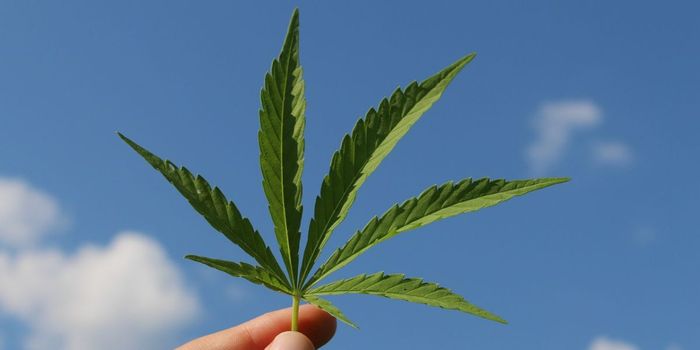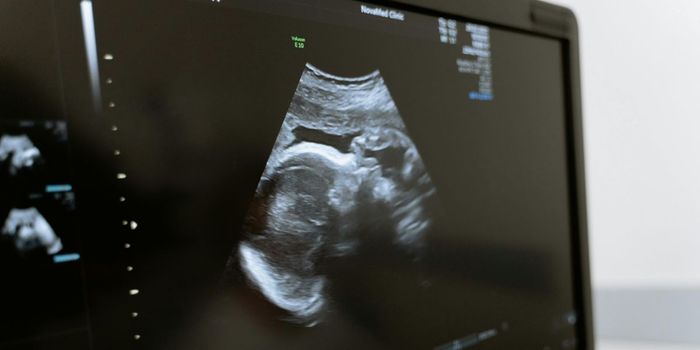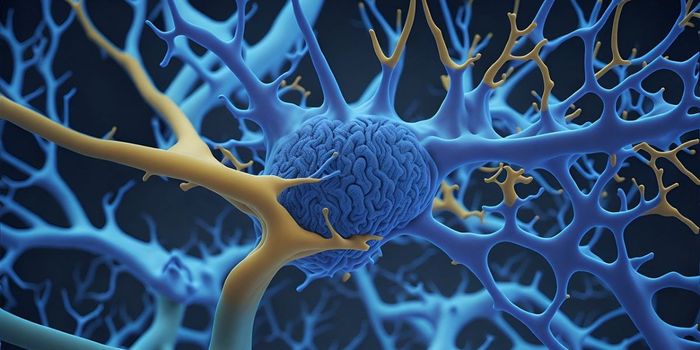Medical Cannabis Reduces Opioid Use for Cancer Pain in Large Israeli Study
As the opioid epidemic continues to be a grave concern for many across the world some scientists in Israel have been looking at the efficacy of medical cannabis for cancer pain; significant findings included a reduction or elimination (in some cases) of opioid use. The study, published in the European Journal of Internal Medicine, is one of the largest in size because of the differences in medical marijuana laws in Israel. The medical marijuana program is supported by government and academia making collection of data and logistics of sharing information, related to medical cannabis, less challenging than in other places like the US. The study evaluated 2,970 Tikun Olam cancer patients; the authors utilized data focused on patient pain scale, quality of life, symptoms of disease, and number of concurrently consumed medications. Tikun Olam is Israel’s largest medical provider and the surveys done to collect this data were built into their cancer program. While not a clinical trial, the qualitative and quantitative data is hard to ignore.
Patients initially came in taking thousands of medications collectively and opioids were found to be the most common type of drug being taken by close to a third of patients. The study ended with a 46 percent reduction of opioid use with 36 percent stopping opioid use completely. What is striking about this particular study is the numbers. Few studies have gathered data from all perspectives of patients regarding medicinal cannabis use before. Because the study was built into the program of care, the data represents all patients including who benefited, patients who did not report significant changes, and those that died of their cancer during the course of the study. In addition, the study evaluated quality of life which included pain and number of medications being taken by each patient. In many cases, the number of medications could be reduced because medical cannabis could target multiple symptoms at once. Lastly, opioid use reduction or elimination could theoretically lead to fewer patients at risk of developing a dependence or be the cause of opioid related fatalities.
There have been studies published in recent years to look at the opioid trends in states that have legalized marijuana or had physicians prescribing medical marijuana instead of opioids. There are conflicting reports so more clinical studies and data is needed but researchers are finding that opioid overdoses, opioid related deaths, and reductions in prescription medications for pain have decreased in areas where medical cannabis is available legally.
Medical cannabis may not be the answer for everyone, but perhaps there is potential and promise in further exploring medical cannabis as a means to reduce opioid use. This Israeli study might be a spark to further debate and developments.
Sources: European Journal of Internal Medicine, American Journal of Public Health, Health Affairs, Article, JAMA, Journal of Pain,









